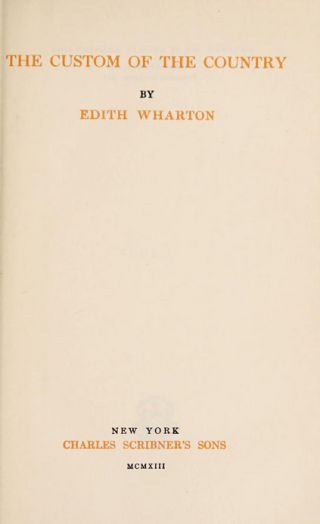Indeed, one of the major findings from the census for 1887 to 1906 was that even as divorce rates tripled, compared to the previous decade, they did not rise as dramatically in the Southern states. Analyzing the numbers (which disproportionately counted white communities), one expert surmised that the reason white women in the South were less likely to seek divorce was because they had fewer economic opportunities than their counterparts above the Mason-Dixon line. Remarking on the dramatic uptick of divorces in the country, led for the most part by women (two out of three cases were initiated by wives), White remarks: “Nothing but a lack of money, it seemed, could thwart those determined to end their marriages.”
Lack of money, of course, is a common problem, one often exacerbated by gender. In some ways, this is why activists for women’s rights were split on the question of divorce and laws like the ones in South Dakota that made it easier to dissolve a marriage. Some feared fewer barriers to divorce would make it easier for men to leave their wives, which in many cases would impoverish the latter (not everyone could be like Dodge, who went on to marry a relative of Winston Churchill). Perhaps because of the sums of money often needed to initiate a divorce, there was at times a tendency to regard the matter as frivolous altogether (first-world problems, avant la lettre) or to paint the women of the Sioux Falls divorce colony as little more than greedy schemers. Wharton’s characterization of Undine, who uses divorce to continually marry up and replenish her coffers, is a prime example of the derision and skepticism that divorcees (like Wharton herself) often encountered.
Some women’s rights activists thus steered clear of the matter, worrying that such a divisive issue would fracture the all too important suffrage movement. However, Elizabeth Cady Stanton, the most influential suffragist of her time, disagreed. A close friend of hers had married a man who abused her. “I impulsively urged her to fly from such a monster and villain,” Stanton declared, “as she would before the hot breath of a ferocious beast of the wilderness.”

